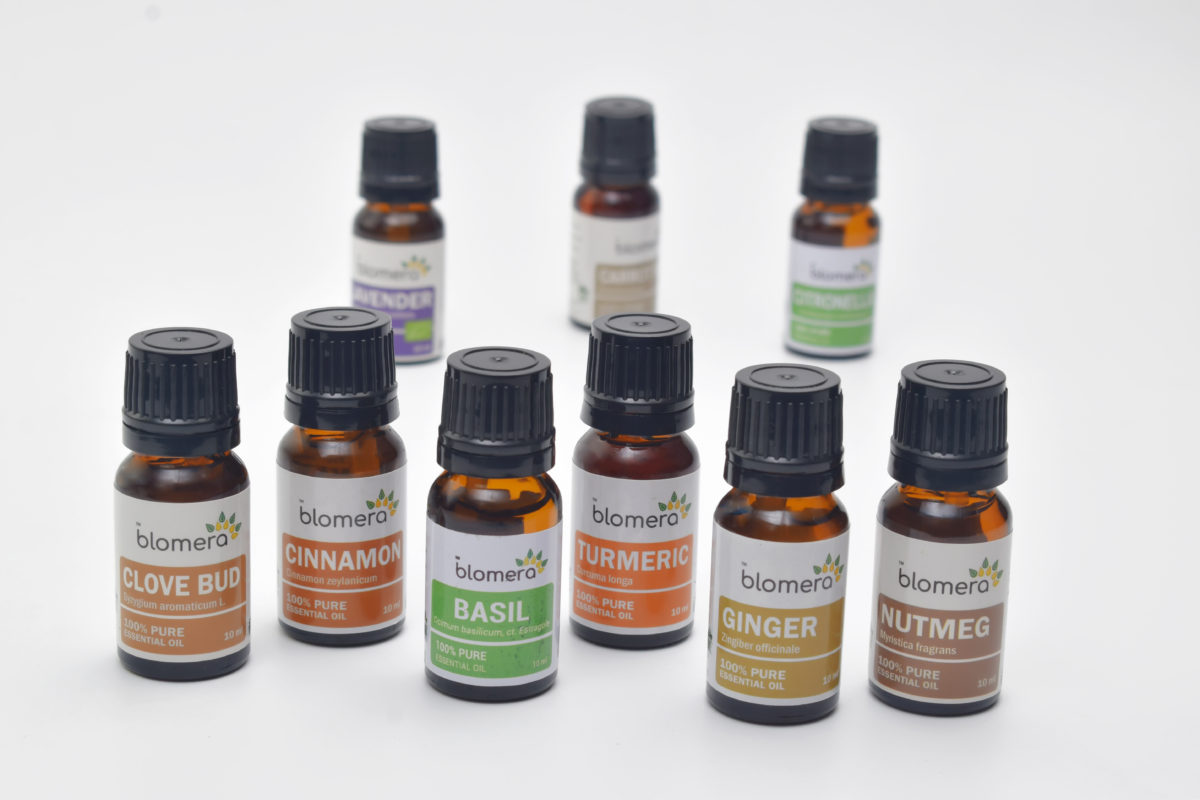blog
Essentials Oils Safety for Pregnant and Nursing Mothers
Essential Oils have been used for women’s health and healing for centuries,
including breastfeeding and pregnancy support. Through traditional
wisdom and modern science, essential oils have been shown to support
and promote health for the childbearing year.
Essential oils are often less toxic and safer than many pharmaceuticals, but
that does not mean that all essential oils are safe for everyone.

Essential oils have become very popular amongst pregnant and nursing
mothers. Expectant and nursing mothers are always cautious about
eating and doing the right things to optimise their baby’s health.
Although breastfeeding and pregnancy are two very different phases a
woman goes through, much of the information as far as essential oil
safety is the same.
How To Choose Essential Oil
The medicinal effects of essential oils are well documented, but these
effects are derived only from 100% natural and pure oils. When using
and selecting an essential oil, pick out only a brand selling pure, undiluted essential oil. Pure essential oil is usually (but not necessarily) more expensive, has deeper aroma, and on blotter paper evaporates within minutes. It is a great idea if you consult your family doctor or physician before purchasing high quality and pure essential oil for you and your family. Blomera is a notable brand that provides affordable and pure essential oils in Nigeria.

In general, these these factors should be considered when using an essential oil:
● Quality of the oil
● Chemical composition
● Method of application
● Dilution/dosage ratio
● Skin integrity
● Age
● Duration of use
Safe Essential Oils During Pregnancy or Breastfeeding
During pregnancy and breastfeeding, the use of essential oils is a debated
topic, and one that is yet to gain universal consensus. The main concern
is that during pregnancy, essential oil ingredients can pass into the placenta. Crossing the placenta wall does not mean that there is
a hazard of toxicity to the fetus; this will depend on the plasma
concentration of the compound and toxicity.
Essential oils should be used appropriately, in proper situations, with the proper application and dilution. Essential oil dilution rate of 1% is recommended for full body use during pregnancy or lactation and no more than 4% is suggested for smaller areas.
The following essential oils are widely believed to be safe for use during
breastfeeding and pregnancy:
Ylang Ylang, Vetiver, Vanilla, Valerian, Turmeric, Tea Tree, Tangerine, Spruce, Spikenard, Sandalwood, Rosewood, Rose, Rosalina, Pine, Petitgrain, Black Pepper, Patchouli, Orange (Sweet), Neroli, Mandarin, Lime, Lemon, Lavender, Jasmine, Helichrysum, Amyris (West Indian Sandalwood), Ginger, Chamomile (Roman and German), Cardamom, Geranium.
Avoid the Below Essential Oils During Pregnancy or Breastfeeding
Aniseed, Basil, Black Seed, Birch, Camphor, Clary Sage, Hyssop, Mogwort, Oak Moss, Parsley Seed or Leaf, Pennyroyal, Peppermint, Rosemary, Rue, Sage, Tansy, Tarragon, Thuja, Thyme, Wintergreen, Wormwood.
Safety Guidelines for Using Essential Oils in Pregnancy and Breastfeeding
- Consult your physician/doctor before use.
- Use in tiny doses.
- Use milder oils.
- Use only essential oils approved for pregnancy
- Avoid using essential oils in the first trimester.
- If nausea/headache occurs, discontinue use.
Final Thoughts
Some essential oils are safe for pregnant & nursing mothers, but safety and
caution must remain a priority. Keep in mind everyone is different, and
what works for one may not work for another. Discussing your plans and
options with your physician or doctor also helps in making an informed
choice for care.
#blomeraoils
#essentialoilsinnigeria
#essentialoils
#aromatherapynigeria

